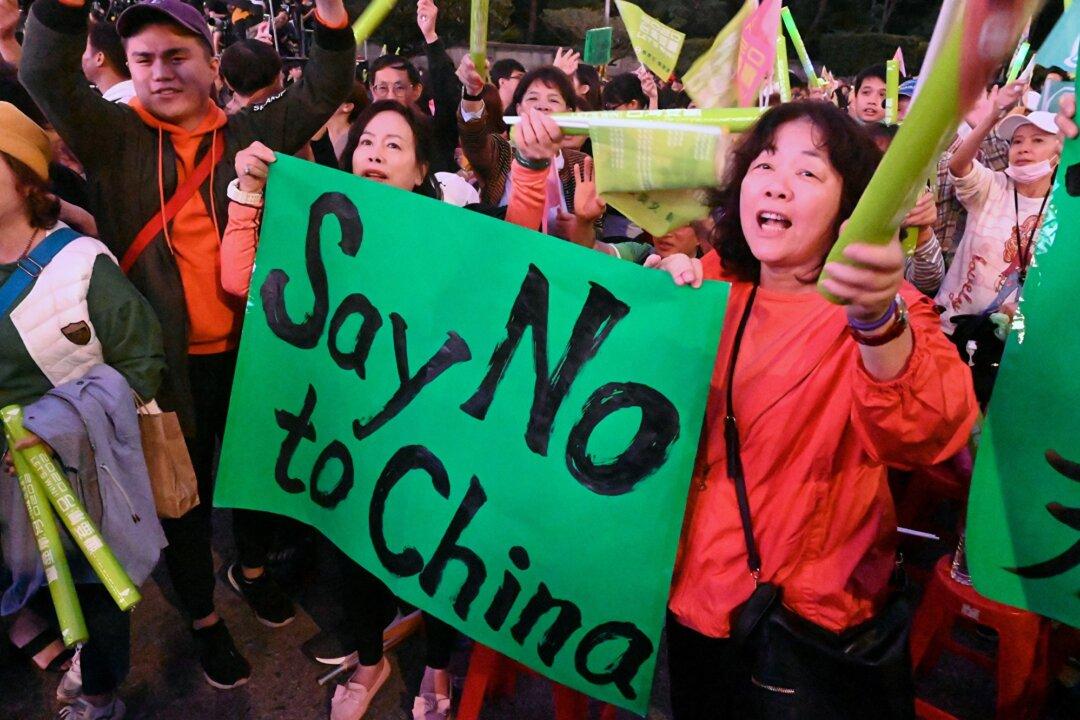Talking about Taiwan in Australia is considered highly sensitive in some quarters for fear of offending the Chinese Communist Party (CCP) leadership, a professor of Chinese studies said.
Mark Harrison, from the University of Tasmania, expressed this view after Taiwan’s top diplomat to Australia said Beijing will continue to coerce governments to toe more favourable policy lines towards the CCP.





